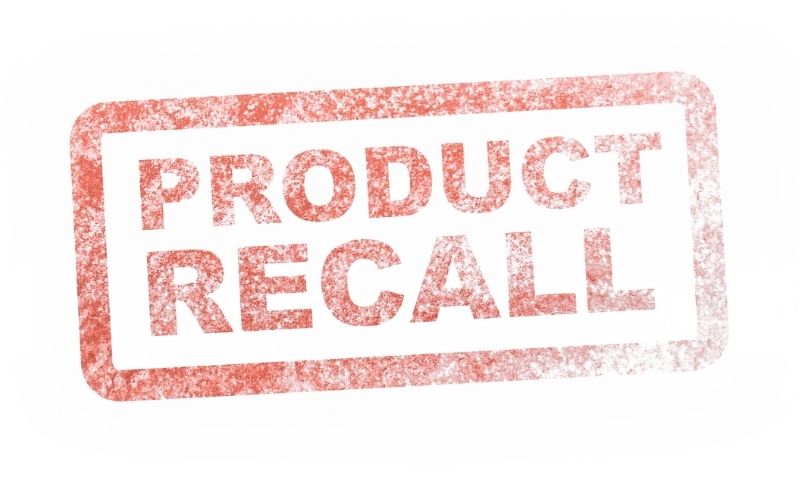In the wake of this summer’s recall of Diamond Shruumz products – which have been linked to illnesses in at least 29 states – the Microdosing Collective recently issued a statement asserting that the recall “underscores the urgent need for a regulated microdosing industry that prioritizes consumer safety and well-being.”
As part of its recall announcement, Prophet Premium Blends LLC indicated that Diamond Shruumz-brand products contain muscimol, a mushroom-derived toxin. As of Aug. 21, the Food & Drug Administration says it had detected muscimol in nine of 22 chocolate bars that the agency tested, as well as in the raw ingredient.
However, the FDA asserts that muscimol “cannot explain all the symptoms reported by ill patients who consumed the Diamond Shruumz-brand chocolate bars.” The FDA says it identified the presence of several other compounds in Diamond Shruumz chocolate bars, including psilocin, a Schedule 1 controlled substance, and pregabalin, a prescription drug.
People who became ill after eating Diamond Shruumz-brand products reported a variety of severe symptoms, including seizures, loss of consciousness, confusion, sleepiness, agitation, abnormal heart rates, hyper/hypotension, nausea and vomiting, according to the FDA.
“The Diamond Shruumz recall tragically highlights the risks posed by uncontrolled, black-market psychedelic products,” said Paul Austin, co-founder of the Microdosing Collective. “It’s a stark reminder that our current drug policies treat all quantities of a substance equally – they don’t distinguish between sub-perceptual, sub-intoxicating, potentially therapeutic doses and larger, more risky amounts. This lack of nuance in regulation leaves consumers vulnerable.”
The Microdosing Collective, which describes itself as “the nation’s first nonprofit dedicated to advancing the right to microdose,” estimates that 4 million people in the United States are actively microdosing. In a statement, the nonprofit asserted that the Diamond Shruumz recall “reinforces the organization’s mission to establish a legal framework for microdosing psychedelics, particularly psilocybin, as wellness supplements.”
“It’s time for policies that reflect the reality of microdosing as a potential tool for both wellness and mental-health relief,” said Joshua Kappel, co-founder and drug-policy attorney.
The Microdosing Collective emphasizes that microdosing, by definition, involves sub-perceptual doses that don’t alter consciousness. “This unique characteristic requires tailored regulatory approaches distinct from those governing higher, consciousness-altering doses,” the nonprofit stated.
The Microdosing Collective is calling for:
- State-specific regulatory frameworks that differentiate based on dosage, recognizing the unique nature of microdosing
- Legal frameworks that allow adults to obtain safe microdosing products for personal use
- Increased support for research into the benefits and risks of low-dose psychedelics
- Consumer-protection measures in the microdosing market
- Education to reduce misconceptions about microdosing and its potential benefits and harms
- Collaboration between policymakers, health experts and industry to develop a safe access policy framework
“Evolving research suggests that microdosing, when done correctly, has the potential to modulate neural networks in subtle ways that might impact cognitive flexibility and emotional resilience,” said Dr. Evan Lewis, neurologist and advisor to the Microdosing Collective. “However, without proper oversight and standardization, we risk missing these nuanced effects or worse, exposing users to unforeseen risks. A regulated framework would support safe use and provide the necessary scaffolding for the production of sound neurological research regarding the short- and long-term effects of microdosing on brain health and function.”
Austin added: “We’re at a pivotal moment. With the right approach, we can harness the potential of microdosing while ensuring public safety. It’s time for forward-thinking policies that reflect scientific understanding and prioritize mental health.”

